Trust Versus Last Will & Testament
Benefits of setting up a revocable living trust versus a last will and testament in Ohio
Revocable living trusts in Ohio are governed by the Ohio Trust Code. They’re called revocable because the person making the trust can revoke or amend it at any time during their lifetime, so long as they have the mental capacity to do so. The maker usually remains the trustee for life, and retains the benefits of ownership and control of the property in the trust. The trust is funded with real estate, stocks, bonds, bank accounts and other personal property. For purposes of disposition of property after death, a revocable living trust is a way to distribute your assets after your death without going through probate.
Last will and testament
A will is a legal document that sets out how a person wants his or her property distributed after his or her death. A will must be written, signed, witnessed and dated with certain formalities in the language of the document. Wills can and should be changed periodically throughout one’s life.
What is probate?
When a person dies leaving assets behind, those assets must be transferred to other people. This can be done through a will, a trust, or if neither exist, then by the statute of intestate succession. The statute of intestate succession is a law that states who gets the assets of a person who dies without a will. When an estate is probated, determinations are made on whether the decedent had a valid last will and testament, and what assets might be subject to administration by the probate court. The decedent’s debts are also determined, and the plan for payment of all just debts and distribution of property in the estate is implemented.
Benefits of a revocable living trust
A revocable living trust can be established for purposes of avoiding probate. Probating an estate can be long, take considerable effort, and cause considerable expense. Probate proceedings are also public proceedings. Therefore, anybody can determine what is in an estate. Distribution of assets from a living trust is private and not publicly ascertainable. The trust can also provide for estate management for its beneficiaries after the maker’s death. As opposed to a will and probating an estate, the successor trustee can begin making distributions privately from the trust immediately after the maker’s death without the need for probate.


